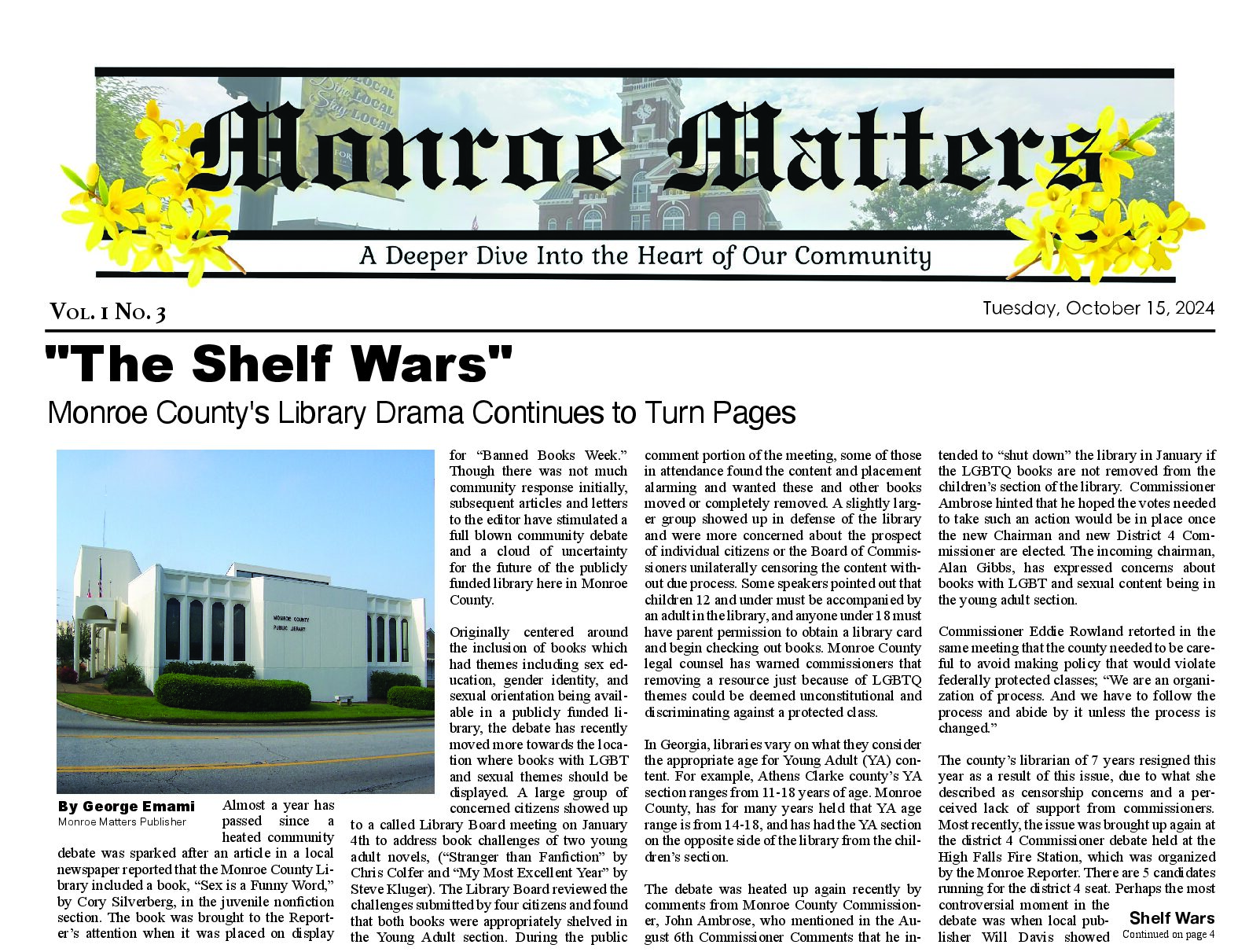By Bronwen Morgan
Despite being a child of the Reagan era, I was not so obsessed with freedom until I lived through a military coup. By the time it happened, I was accustomed to the Honduran government controlling the flow of dirty water from the spigot. Document checks on public and private transport were routine, but the coup tightened the grip. The senator who proclaimed himself president would come on TV nightly at 5pm to remind the nation of the curfew. The whole village audibly groaned as the Honduran equivalent of “Hail to the Chief” would interrupt the broadcast and then afterwards, the screen would blip blank. No more cable, satellite, internet, radio, just silence. Then came the nationwide halt to mass transit, even the planes were grounded. And then the detainment of civilians and deaths of journalists. It was here that my love of country and freedom was truly born, though that is not an official goal of the US Peace Corps.
You don’t have to be a freedom lover to know that the first amendment of the United States Constitution prohibits laws “abridging the freedom of speech.” It also goes on to ensure the right “to petition the Government for a redress of grievances.” In the Open Meetings Act, the Georgia Constitution requires of our governing bodies that, “except as otherwise provided by law, all meetings shall be open to the public.” But do we have any guarantee that these circumstances can and should overlap? Are we the people guaranteed the right to petition the government in a county government meeting? Are we even guaranteed the right to speak at all? In Georgia, as our County Attorney Ben Vaughn recently advised the Monroe County Board of Commissioners, the answer is no.
In the August 6th regular meeting of the board, Attorney Vaughn stated, “There is no requirement in Geogia law that public comments be anywhere on your agenda or that the public be allowed to comment on your meeting. It is a county meeting, a county government meeting.” This matter-of-fact statement flooded my brain with questions: Without its people, what exactly is a county? Who does the Board of Commissioners work for, the government or the people? And where are we the people (for whom the government is supposed to be working) to address our grievances with said government if not in a public meeting?
As with anything the government touches, it’s easy to become mired in seeking the root of the issue. But one problem is the obvious deterioration of freedom of speech in the public arena. Though it has roots in early 20th century case law, the concept of “public forum” was not introduced into jurisprudence by the US Supreme Court until “Police Dept. of the City of Chicago v. Mosley” in 1972. Since then, the public forum has quickly been whittled by the courts to create designated public forums and then further to create limited public forums, which county government meetings are generally considered to be. This limited status allows the governing body to set its own restrictions on content when it comes to public speech in their meetings. This is how we end up with school boards that only allow the public to comment on agenda items. If your concern never makes the agenda, then too bad, so sad, as the kids used to say. But beyond regulating content, the limited public forum also allows the government, as Mr. Vaughn explained, to curb public speech in their meetings altogether. To be clear, Monroe County commission meetings are still open to public comment with some new restrictions via the Meeting Organization Ordinance. In speaking to this point Commissioner Eddie Rowland said, “I strongly feel the public has the right to speak at their meeting about their money and their community,” before going on to say, “But, as the county attorney reminded each of us, the board of commissioners has the authority to discontinue public comments.” You have the right to speak at your meeting until the board of commissioners decides you don’t.
This very real possibility has led some states to legally guarantee their people the right to speak in government meetings. According to the Reporters Committee for Freedom of the Press, twelve states have ratified such laws, though Georgia is not one of them.
The thought of public participation being axed from county government meetings, including public hearings, leaves one word echoing in my brain: fragile. The rapid dissection of the public forum has made a brittle, fragile thing where our Founding Fathers wrote with bold and robust strokes. And likewise, the right to petition, as it has generally been interpreted as merely a form of speech instead of a right that stands on its own. This right, as old as the Magna Carta itself, has been reduced to speech content that our Board of Commissioners can simply strike from their Meeting Organization Ordinance if they so choose. And so, every time I critique this ordinance during the public comments section at a regular meeting, without fail one of my commissioners asks me afterwards, “What’s the difference?” I believe the difference was laid bare on August 6th. I cannot help but think of my friends in Honduras who have a constitution and a supposed democratic election process for congress and president. And I think of all the tiny blows that chipped away at their freedoms until one large one changed their history forever. “Remain vigilant,” advises Commissioner Rowland, “if you feel, like I do, that the public has a right to address the board of commissioners at commissioner meetings.” If only the law agreed. County Attorney Ben Vaughn has a long-standing policy of not commenting to the media unless instructed by his clients and respectfully declined commenting.









